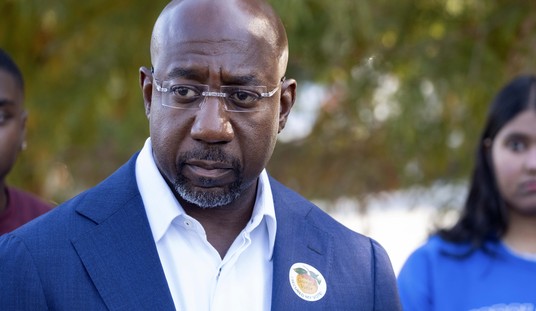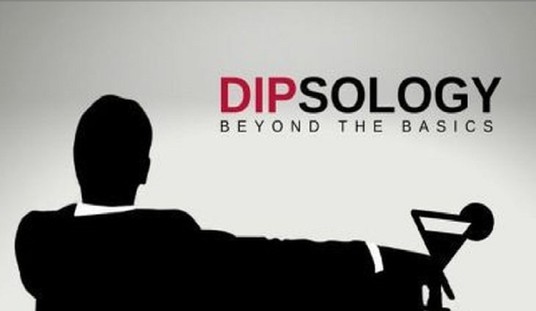The 2012 presidential election season has not been a normal one in many ways. History teaches us that every election season brings something new we haven’t seen before – but also that progress in electioneering, as in most walks of life, is more gradual than people are wont to predict. The candidate who says “this time, everything is different” or “the old rules don’t apply” or promises “new politics” or “fundamental change” is almost always selling a bill of goods to his or her supporters, and often to himself or herself. As conservatives, with a belief in experience as mankind’s best and only teacher, we should know better. One need only look back to 2010, when a popular wave brought victory mostly to candidates with the attributes and experience of traditonally successful candidates (Marco Rubio, Pat Toomey) and defeat to candidates who were genuinely unorthodox or similar to past losing campaigns (Sharron Angle, Carly Fiorina, Christine O’Donnell). The terrain shifted and new opportunities were created, but the basic rules of the game remained the same.
Even now, with the leading GOP contenders pouring money and manpower into the early primary states and the filing deadlines only a month away, we still have pundits and eager activists telling us that it’s not too late for new candidates to jump in. Please, Sarah Palin. Please, Chris Christie. Etc. It’s certainly true that a late entrant could yet generate enough support to shake up the fundamental dynamics of the race. It’s even possible that Rick Perry and Mitt Romney will prove vulnerable enough that a new entrant could still win. But let us not kid ourselves: the old rules still matter. It would be deeply unprecedented for a candidate in the modern (post-1972) age of presidential primaries to win the nomination without having laid any foundation of a national organization as late as the October before the primaries.
Some would have you believe that Ronald Reagan, who officially declared himself a candidate in November 1979, ran such a race. This is nonsense and historical ignorance.
Let me offer as Exhibit A an excerpt here from a portion of page 613 of Steven Hayward’s magisterial book The Age of Reagan, which documents the rise of Reagan from 1964 to 1980, and which I highly recommend. Hayward describes how Reagan began to plan for his run with a meeting of his senior staff in September 1976:

Hayward goes on to detail other steps Reagan took to prepare, such as beginning in 1978 to have aide Martin Anderson prepare task forces of issue experts to brief Reagan (Hayward notes that by the time of the 1980 election, there were a total of 461 people, experts in numerous policy areas, on these various issue task forces), and dinner parties with leading figures on the Right to drum up support. Ben Domenech cites Reagan’s 1978 foreign policy debates with William F. Buckley.
Nor was Reagan coy or private about his preparations to be the next Commander-in-Chief. How do I know? Because one of the many ordinary citizens to whom he signalled his interest in running was my father, the recipient of this letter in the fall of 1978, now reprinted at page 517 of Reagan: A Life in Letters:

I’m only scratching the surface here of the labors Reagan undertook to prepare himself and the public for his candidacy, to travel around the world meeting with foreign leaders and inspecting U.S. military installations, and to build a professional campaign staff, fundraising apparatus and ground organization. The point is that anyone who tells you that Reagan simply came out of the blue in the fall of 1979 wasn’t there and hasn’t bothered to learn the history from anyone who was.













Join the conversation as a VIP Member